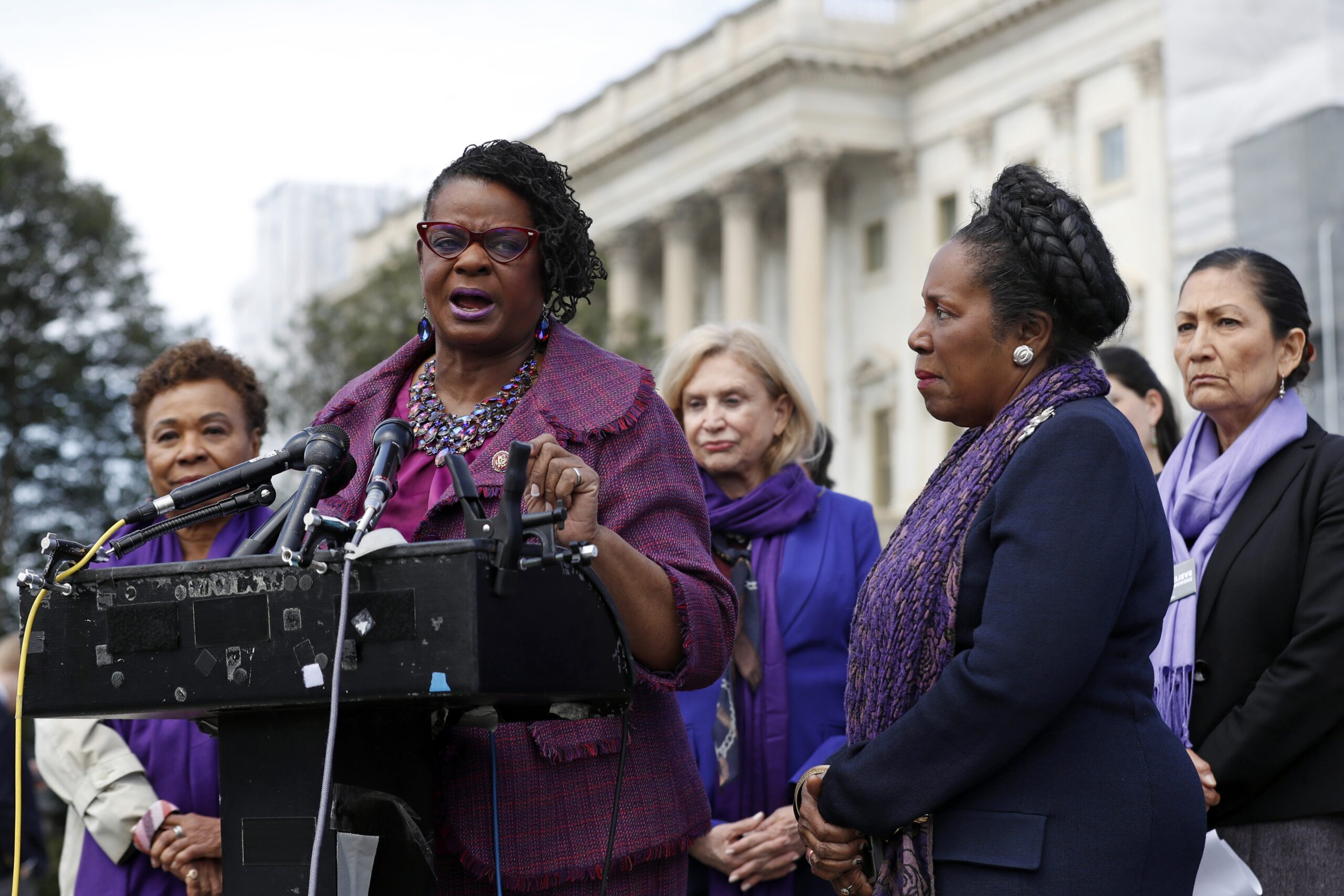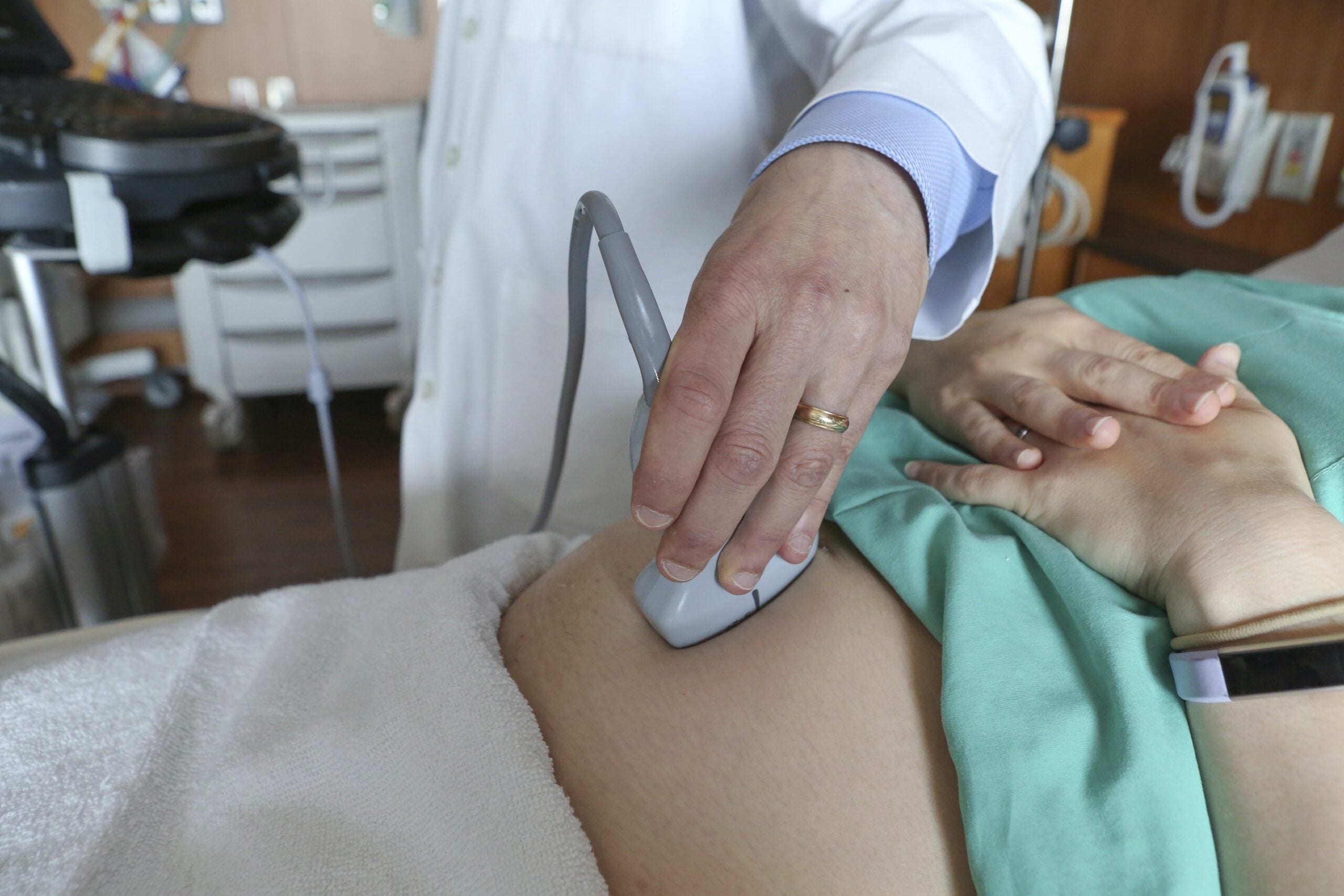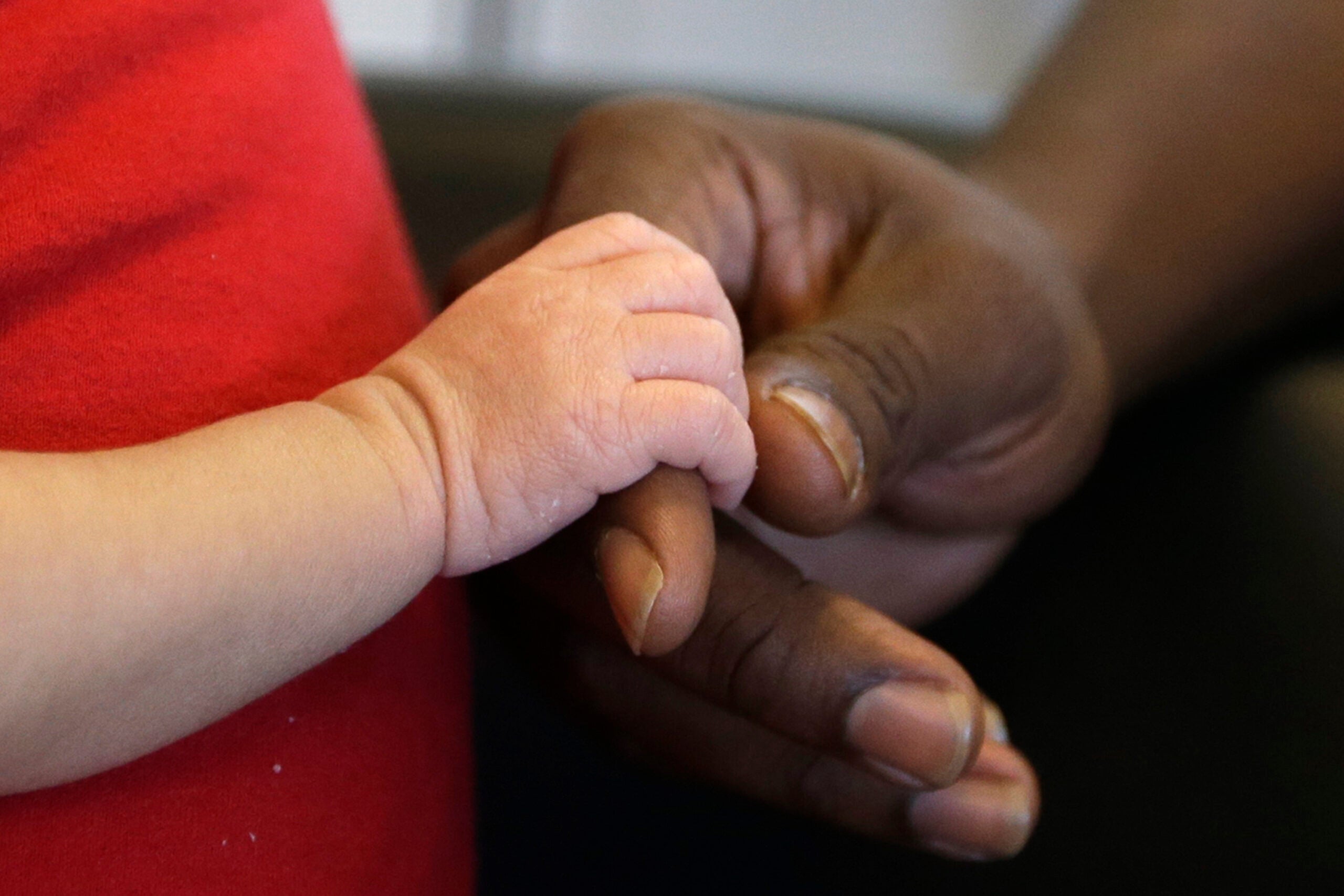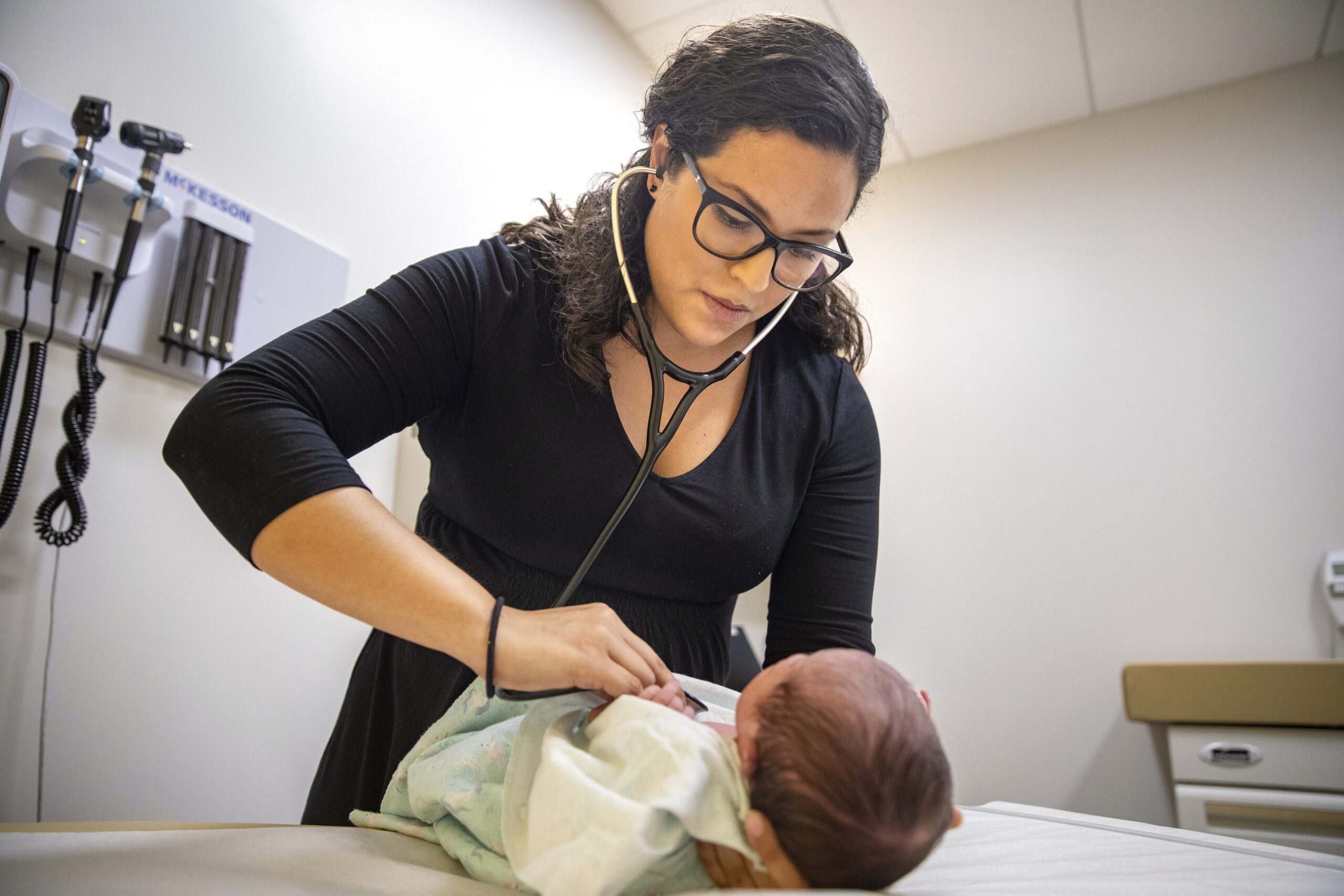U.S. Rep. Gwen Moore, D-Miwaukee, says legislation is needed to help reduce the number of black women and their children who die during or after childbirth. It’s a problem that occurs at a dispproportionally higher rate compared to white women in Wisconsin.
Moore’s Mamas First Act, introduced last month, would use Medicaid coverage to provide more access to doulas and midwives around the country.
In an interview with Rob Ferrett of WPR’s “Central Time,” Moore explained that expanding access to midwives and doulas can help expectant mothers make more informed decisions about how they experience pregnancy.
Stay informed on the latest news
Sign up for WPR’s email newsletter.
This interview has been edited for brevity and clarity.
Rob Ferrett: What exactly would your new bill do?
Gwen Moore: What my bill would do would be to expand Medicaid reimbursements to doulas and midwives and give all states that provide Medicaid the ability to reimburse them for their health care services. We think the places where Medicaid has been expanded and places where doulas have been reimbursed really demonstrate that there is a reduction in maternal and infant mortality. And we think that that’s something worth funding.
RF: You released this bill, the Mamas First Act, at a press conference with Milwaukee Mayor Tom Barrett. Can you talk about how these disparities, when it comes to health and childbirth, are affecting the Milwaukee area?
GM: Maternal mortality is three times that of white women. We really rival women in war-torn areas like Afghanistan for maternal and infant mortality, and in the richest country in the world, how do you explain that? One problem is that often women of color are not taken very seriously when they’re communicating with their health care providers.
Doulas are people who can actually go to the health care appointments with you and can help a woman negotiate the kinds of questions that she needs to ask, help them with follow through and making sure that they make all of their appointments. This would be a particularly important tool in the tool kit when we know that there are many at-risk pregnancies within our community.
We’re not proud of it but Wisconsin is one of the places that for decades had been at the top of the list of teen pregnancies. And so we know that teen moms are not always educated and doulas are a really good intervention and making sure we have good birth outcomes.
RF: There are concerns for some health care providers and pharmacies that Medicaid reimbursements aren’t always high enough for them to stay in business if that’s all they do. What are you doing to make sure that this is sufficient to keep dualas in the area able to do this kind of work?
GM: Doulas are doing this work. Most of them do have clients who are able to pay out of pocket, or they have have health insurance coverage from private insurers that actually cover that. We hope that by expanding Medicaid coverage, we will be able to demonstrate with a dramatic lowering of maternal deaths that this would be something that all insurance companies would recognize would save money in the run.
With regard to Medicaid reimbursement, all of our providers are underfunded. We appreciate health care providers that really lean into taking care of vulnerable populations.
RF: Are you getting bipartisan support for your new legislation yet?
GM: We are hoping that we can get bipartisan support. We are not giving up on that. This is not the only bill in the House that’s related to really protecting mothers who are pregnant, and we’re hoping to package this with other bills to do research on why, for example, women of color in this country are more subject to having adverse outcomes, an put it together with another piece of legislation that would provide research dollars for sudden unexpected infant deaths.
RF: What’s the next step for the legislation?
GM: The next step is to try to get it scheduled for the floor. But again, we would love for it to be packaged with other bills so that we can get the critical mass of support that we need for this initiative.
Wisconsin Public Radio, © Copyright 2024, Board of Regents of the University of Wisconsin System and Wisconsin Educational Communications Board.





